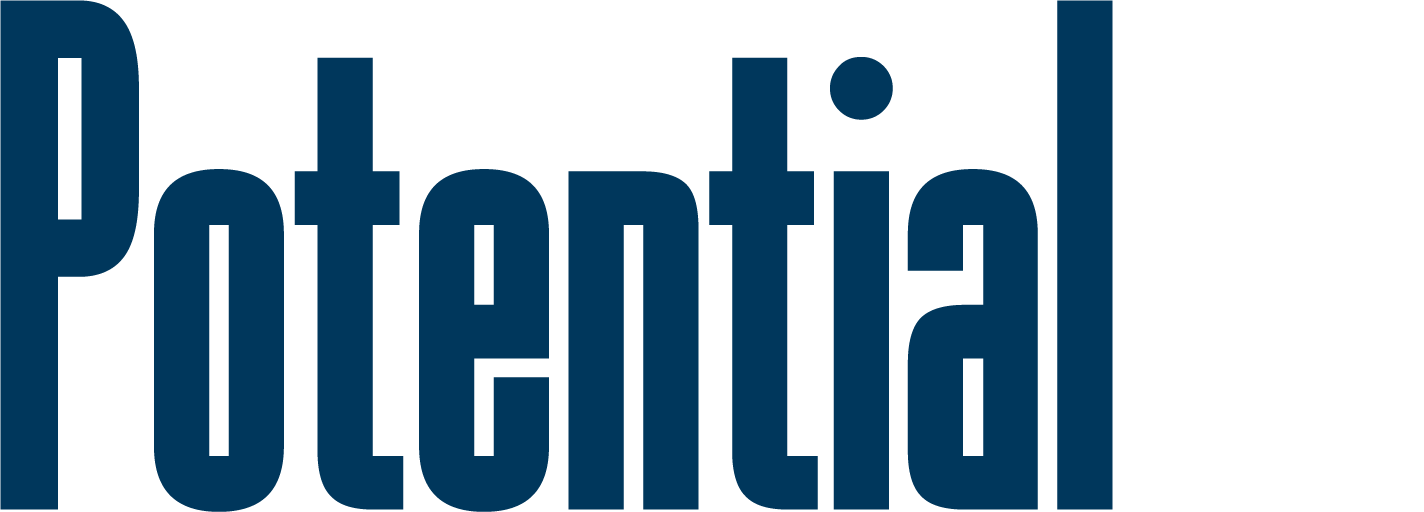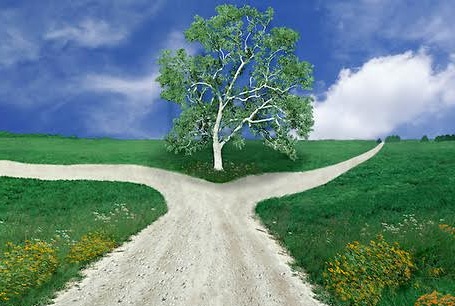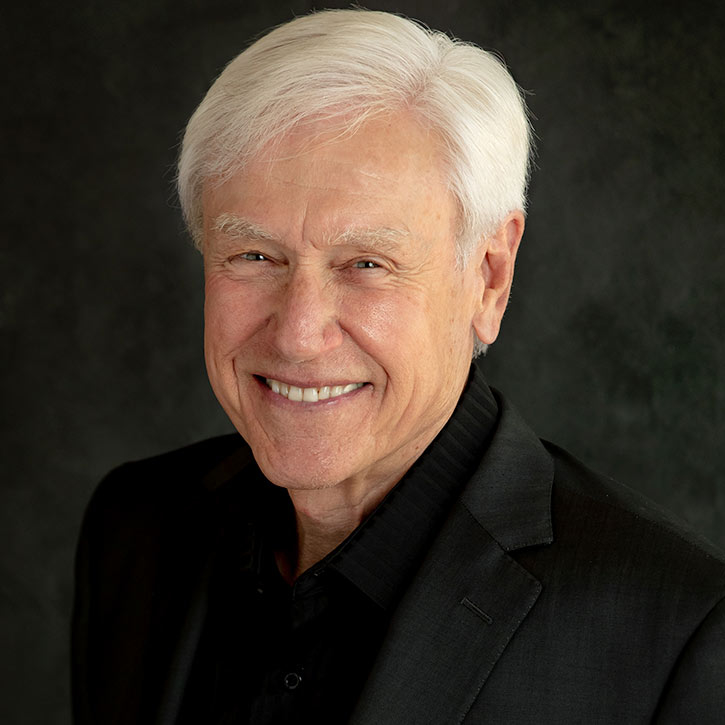Potential: Life’s Guiding Ethos
Ben Lytle
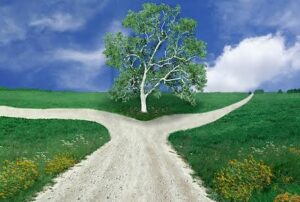 One’s ethos and decisions largely define every life—what we believe and how we demonstrate it when it matters. Ethos is a guiding theme or belief that manifests in aspirations, actions, and decisions. It can be consciously and thoughtfully chosen, unconsciously stumbled into, or decided by culture because it was unconsciously absorbed. An ethos may develop incrementally or appear in a transformative Aha! moment.
One’s ethos and decisions largely define every life—what we believe and how we demonstrate it when it matters. Ethos is a guiding theme or belief that manifests in aspirations, actions, and decisions. It can be consciously and thoughtfully chosen, unconsciously stumbled into, or decided by culture because it was unconsciously absorbed. An ethos may develop incrementally or appear in a transformative Aha! moment.
My ethos exploded in an Aha! moment on a hot, humid day on a college campus when I was twenty years old. A charismatic young instructor admonished our class to become captains of our fate using our personal potential as its North Star. He insisted that we needn’t live like people before or around us or be defined by anyone’s expectations. He said we alone had the right and the responsibility to determine our destiny. He explained that what ancient Greeks called virtue, many religions refer to as righteous, and psychologists label self-actualization have a common root of manifested potential that equally serves the individual and humankind.
I was elated and shocked. Even at twenty, I recognized this decisive moment as a junction of two paths where one must be chosen. Little did I know that the decision would define me and influence so many lives. I changed majors from business to psychology because discovering my potential was more important than business or technology courses.
In the following decades, I devoured books on human potential, including psychologists, physicians, philosophers, historians, anthropologists, and futurists. I invested in advanced classes and found teachers and mentors who exemplified manifested potential or wisdom. The young instructor’s succinct framework proved remarkably accurate over decades of study and life experience despite varying interpretations and practices over time, cultures, religions, and philosophies. Slowly, I understood the symbiotic relationship between potential, the capacity for wisdom, applying wisdom through decisions, and living well.
I discovered that mentors, teachers, and guides for living to our potential and becoming wise are all around us if we recognize them, ask for their help, and heed their wise advice. Some of the best lived centuries ago but guided me through their writings as if present: novelists like Hugo, Dostoevsky, Hemmingway, and Tolstoy; philosophers such as Marcus Aurelius, St. Thomas Aquinas, Aristotle, and Emerson; and most importantly, my parents, brother, mentors, adult children, and closest friends.
“The mind is not a vessel that needs filling, but wood that needs igniting.” Plutarch
They influenced all parts of my life, from leadership to friendship, from how to be a CEO to what it means to be human, from speaking publicly to making a good cup of coffee. I met them in board rooms, bars, civic projects, legislative or executive offices, maid and janitor workspaces, farms and ranches, taxis, and among the most disadvantaged and privileged in my worldwide travels. Many were deemed successful in society, but others were unrecognized for their exceptionalism. You see, wisdom lives in every human, but only some embrace an ethos and engage the inner mechanism that brings it out. All enabled and co-created my incredibly rewarding life.
The second book of The Potentialist series, “The Pursuit of Wisdom,” will be published in October 2024. It contains what I learned in the more than fifty years described above in understandable language and actionable practices. It is not a self-help book or New Age spiritualism. Instead, it is a pragmatic guide to discovering and living to your potential, becoming wise, and making better decisions to live well. These have never been more critical as we live through this time of the turbulent but opportunity-rich New Reality.
Ben Lytle
Author | Keynote Speaker | Thought Leader | Futurist
